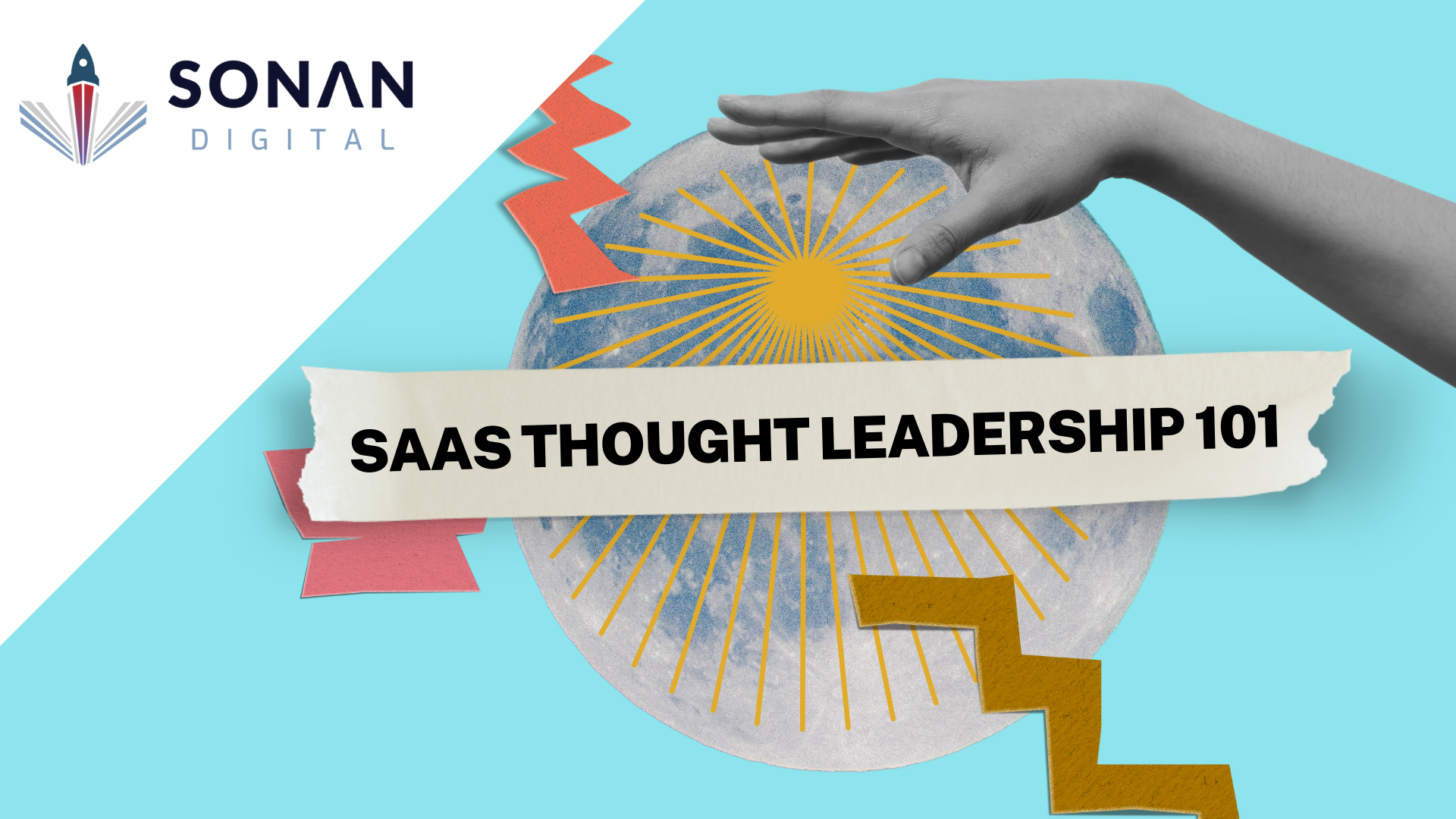In the world of B2B, content marketing is king when it comes to long-term brand building. In the crowded world of outbound and performance marketing, an effective content strategy can set your brand apart. While many companies know this, it can be understandably confusing knowing where to start. Fundamentally, content marketing is a marketing strategy used to attract, engage, and retain an audience by creating and sharing content, such as relevant articles, videos, podcasts, and other media. This approach establishes expertise, promotes brand awareness, and keeps your business top of mind when it’s time to make a purchasing decision.
Part of The Founder’s Guide to B2B SaaS Content Marketing. Available as a PDF and Video Series.
What Exactly is Content Marketing?
Content marketing is an umbrella term. It encompasses a variety of content that is produced to expose your brand to an audience— think blog posts, white papers, email newsletters, videos, social media, emails, etc. It is an extremely useful method of marketing that builds brand reputation and trust between businesses and customers. Perhaps the most important aspect of effective content marketing— it must be useful, digestible information that benefits the customer more than the business. Ultimately, if a customer thinks of you as a trustworthy partner that provides them value, for free, they’re much more likely to choose you when it comes time to purchase.
Why Does Content Marketing Matter to Me?
In the modern world of B2B business, content marketing is the most prevalent, budget-friendly way to get in front of your ideal clients and customers. Not to mention, there is clearly a competitive advantage to those who choose to implement a winning content marketing strategy. We’ll let the numbers speak for themselves.
According to Mailchimp:
- Businesses with blogs get 67% more leads than other companies.
- 47% of buyers view 3 to 5 pieces of content before engaging with a sales representative.
- Companies that use content marketing see approximately 30% higher growth rates than businesses not using it.
- Seventy-two percent of business to business (B2B) marketers say content marketing increases engagement and the number of leads they generate.
What Are the Stages of Content Marketing?
Content marketing is a long-term game. It often requires the attention of a full-time team, or at least a dedicated outsourced content marketer to constantly be implementing content that feeds into the buyer stages. The process includes the following: awareness stage, consideration stage, and decision stage. Here’s how they work together:
Awareness Stage
The awareness stage is at the top of the funnel in content marketing. You’ll want to brainstorm a list of the top questions your audience and customers have and put a plan in place to answer them. Focus on pain points and frequent challenges relevant to your business. Content should be focused on how-to or informational content models. There should also be little to no mention of your company or selling points.
Content to include in this stage: blog posts, articles, social media, e-books, how-to videos, roundup newsletters
Consideration Stage
This is where your content can start to have a slant towards your business. You’ll want to continue to focus on the needs of the customer, but you can include some marketing towards the benefit of your product/service. The consideration stage is all about educating the customer on how you can meet their needs.
Content to include in this stage: case studies, white papers, explanation videos, worksheets
Decision Stage
Finally, you can turn your attention towards sales and conversions. The focus of any decision stage content should be on your unique value proposition, a.k.a. why your product/service is the best choice for your buyer. While the content should still focus on the purchaser, you must drive home your ultimate differentiator within your market. Answer the question “Why should you choose us?”.
Content to include in this stage: buyer’s guide, walkthrough video, research report, case studies, white papers, user-generated content (testimonial videos shared on social)
How Do I Get Started with Content Marketing?
Knowing where to start can feel completely overwhelming, but it doesn’t have to be! Ultimately, you’ll want to create a sustainable and manageable content marketing plan. Focus your attention on a few key pieces of content, rather than trying to do it all. For a smaller business, directing efforts towards blog posts, case studies and building an email marketing list will likely produce the highest ROI on time invested.
Today, many B2B companies have chosen to outsource their content efforts in order to free up more time to focus on producing the best product/service possible. If you’d like to get started on content marketing for your B2B business, but are short on time, the Sonan Digital team offers full-service outsourced marketing for businesses of all sizes. Get in touch today!
Part of The Founder’s Guide to B2B SaaS Content Marketing. Available as a PDF and Video Series.
-1024x320.png)




